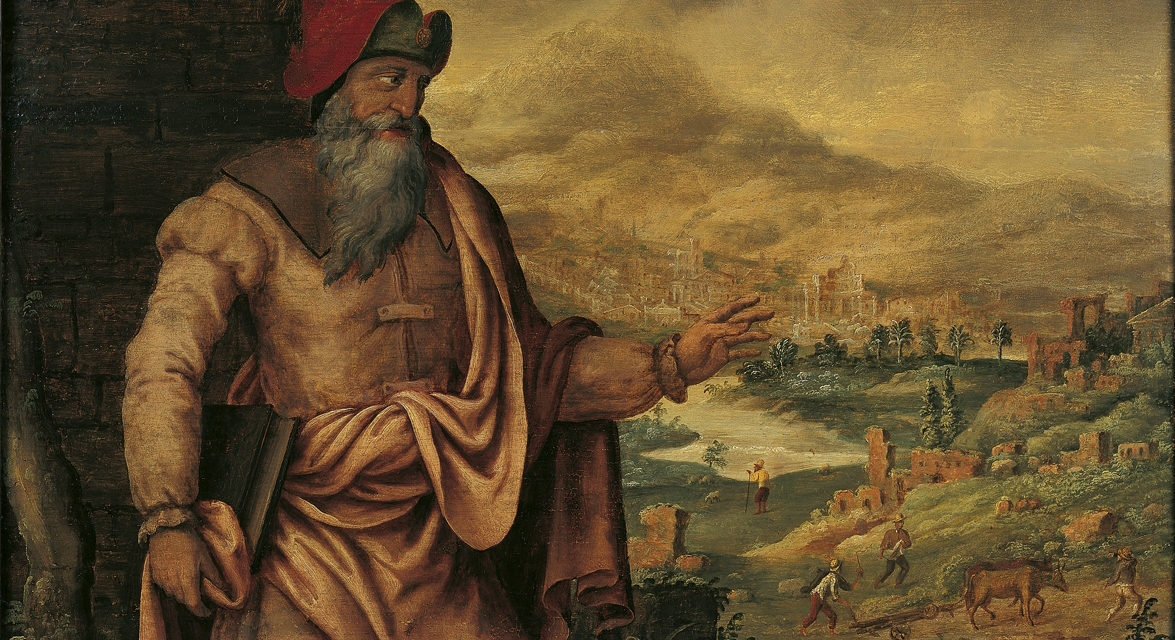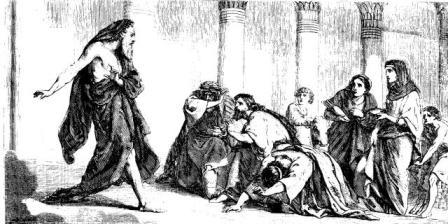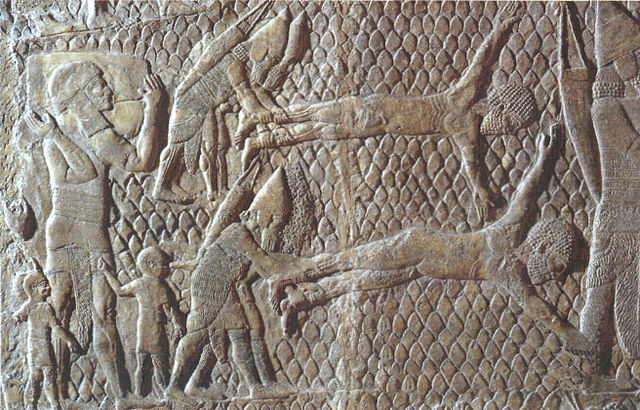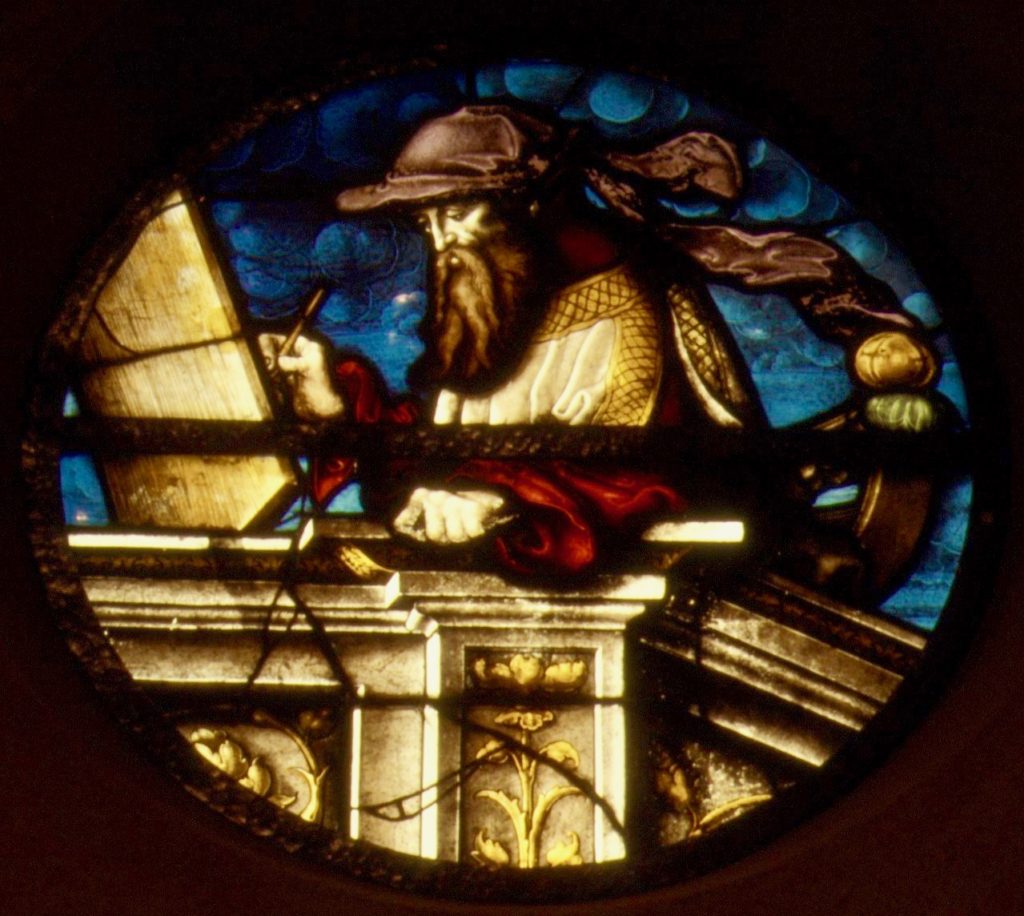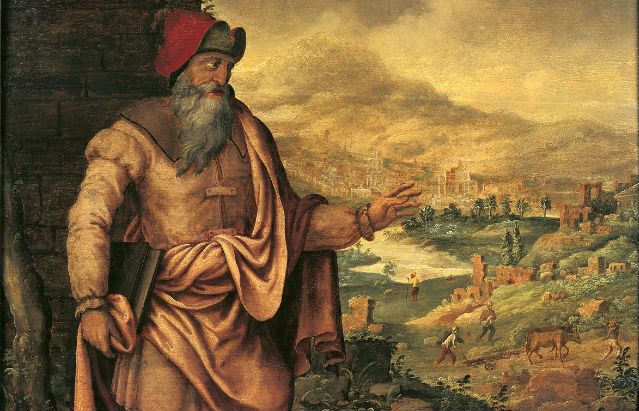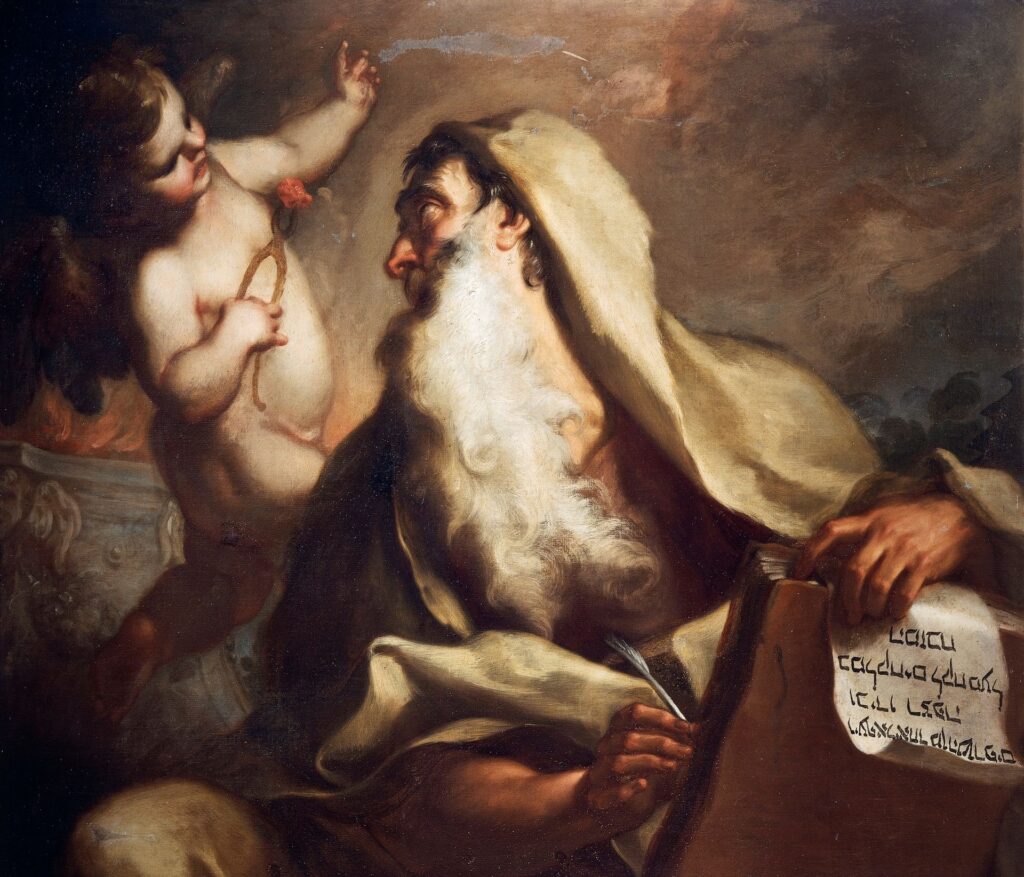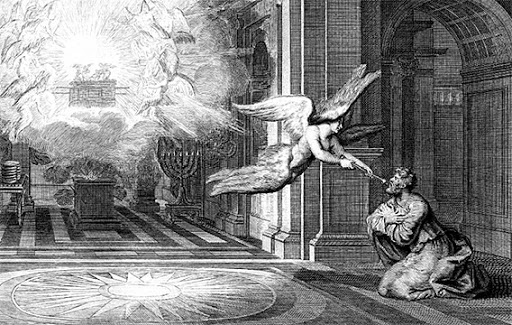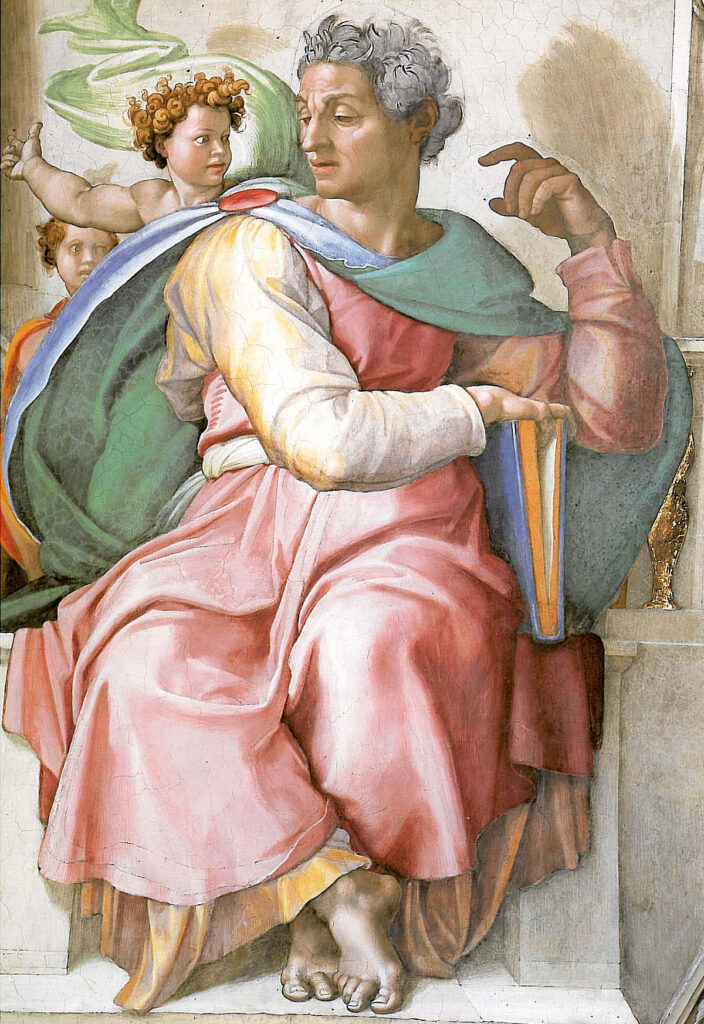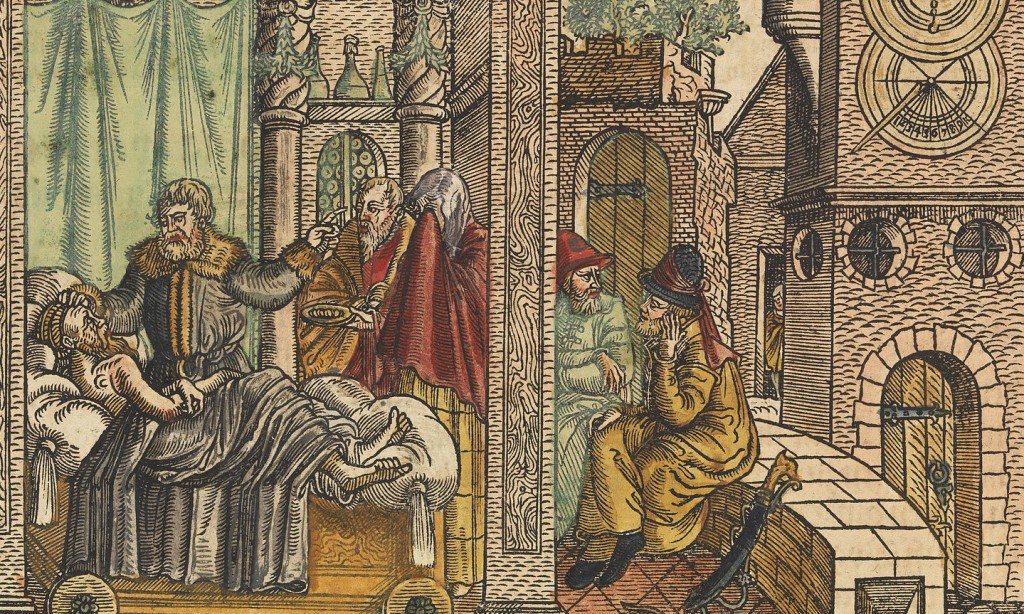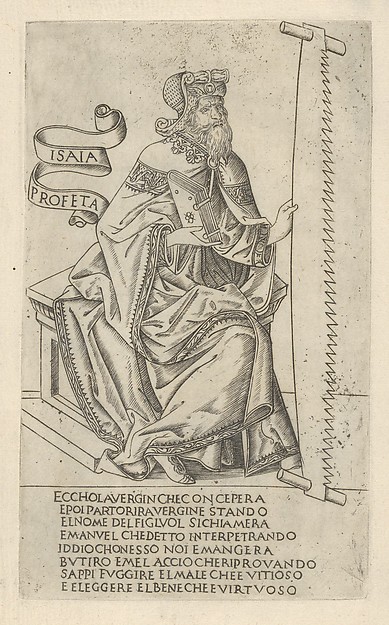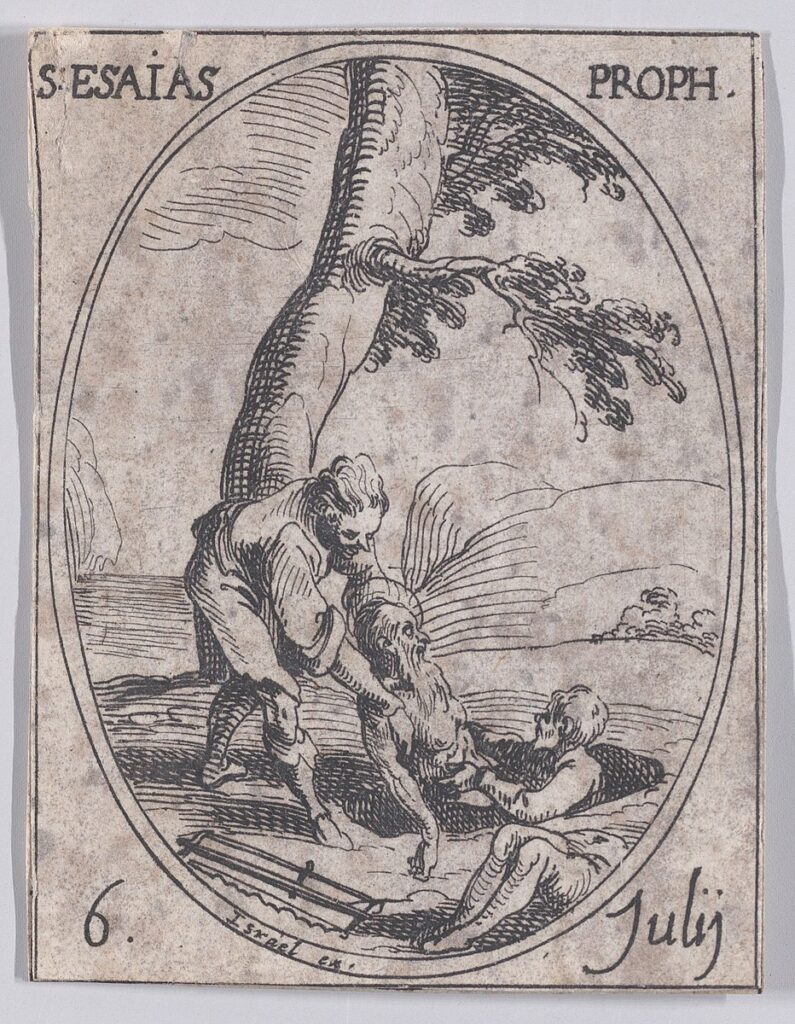A man walks naked for three years in the streets of Jerusalem. And you may wonder why and assume he must be crazy. Seven hundred years before the birth of Christ, Jehovah asked the prophet, Isaiah, to go naked for three years.
Jehovah had spoken through Isaiah the son of Amoz, saying, Go and ungird the sackcloth from your loins and remove the shoes from your feet. And he had done so, going naked and barefoot. (Isaiah 20:2)
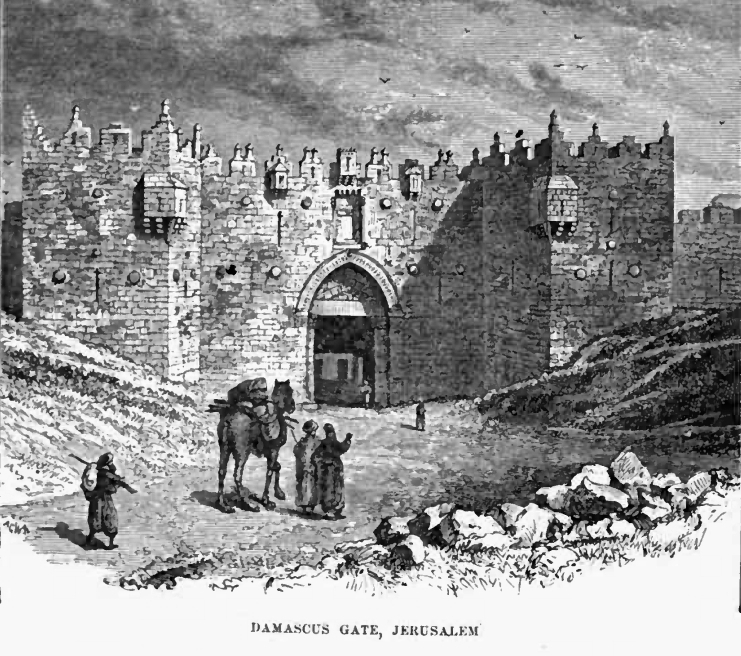
I am not sure if he was totally naked, or there is more metaphor going on here. But the symbolism portrayed the future. There is more to this story hidden within Isaiah’s words and actions, which is why the book of Isaiah is challenging to understand. When Isaiah ungirded the sackcloth and removed his shoes, he looked like one who was already a prisoner of war, ready to be led into exile. Going naked for three years as a sign against Egypt and Cush.
Then Jehovah said, Just as my servant Isaiah has gone naked and barefoot for three years as a sign and portent against Egypt and Cush, so shall the king of Assyria lead away the captives of Egypt and the exiles of Cush, both young and old, naked and barefoot, with buttocks uncovered—to Egypt’s shame. (Isaiah 20:3-4)
Isaiah wrote his book much like a poem, with many layers, signs, and symbols, for he had to prophesy when he would not be well-received by his people. His message goes undetected to those who do not have ears to hear or eyes to see.
As a type of Jehovah’s end-time servant, Isaiah gives warning of Assyria’s invasion of Egypt and Cush (Upper Egypt) and of the humiliation of their captives. They have three years in which to repent before three years of Jehovah’s Day of Judgment overtake them (cf. Isaiah 16:14).” (Gileadi, Commentary)
The prophet Isaiah was born of noble lineage — he was the son of Amoz, the brother of King Amaziah of Judah (~782 BC). He prophesied in Jerusalem during a pivotal period of Israel’s history (ca. 742-701 B.C.). His Hebrew name is Yeshayahu, meaning “God is salvation” — a message of hope to those who understand his words for the last days.
We don’t know much about his childhood, but through his writings, we learn that in 742 B.C., in the year of King Uzziah’s death, Isaiah saw Jehovah in the Temple where he received his divine call as a prophet.
In the year of King Uzziah’s death, I saw my Lord seated on a throne, highly exalted, the skirt of his robe filling the sanctuary. (Isaiah 6:1)
Isaiah ascends to the son/servant level when he sees Jehovah in the Temple, above the Ark of the covenant in the Holy of Holies. Later, after more than 40 years of ministering as a prophet, during Uzziah, Jotham, Ahaz, Hezekiah, and Manasseh, kings of Judah, Isaiah ascends to the seraph level. (Gileadi, pg 54 Apocalyptic Commentary)
Isaiah was married and had children. He referred to his wife as the “prophetess” – endowed with a prophetic gift. During the unrighteous reign of King Ahaz, Isaiah named his sons with symbolic hidden messages of prophecy — Shear-Jashub and Maher-Shalal-Hash-Baz:
“When Isaiah couldn’t prophesy directly, he did so indirectly by giving his sons portending names such as Shear-Jashub (se’ar yasub), “A Remnant Shall Repent” or “A Remnant Shall Return.”Jehovah’s message to Ahaz was thus to remind him of the Davidic Covenant. If he kept its terms, Jehovah would protect him and his people. If he didn’t, only a repentant remnant of his people would survive a future calamity.” (Gileadi)
The name of his other son — Maher-Shalal-Hash-Baz had the hidden message — “Hasten the Plunder, Hurry the Spoil,” which alluded to Isaiah’s prediction to Ahaz that the King of Assyria would invade the nation of Ephraim (Isaiah 7:8-9)
In the beginning, Isaiah prophesies to both houses of Israel, but in 722 B.C., the Northern Kingdom falls to Assyria, leaving Judah, or the Southern Kingdom ruled by Hezekiah. In 701 B.C., as Assyria invades Jerusalem, Hezekiah appeals to Isaiah. And the kingdom of Judah is protected for a while longer.
After the death of Hezekiah, Manasseh came to rule. Isaiah was most likely one of the prophets that were killed by being sawn in half.
“Paul makes a veiled allusion to the manner of Isaiah’s death through being “sawn asunder” (Hebrews 11:37), and an ancient document, the Ascension of Isaiah, depicts Isaiah’s being sawn in half by King Hezekiah’s son Manasseh (Ascension of Isaiah 5:1, 11). Manasseh is there depicted as possessed from his youth by the spirit of Satan, who harbors great wrath toward Isaiah on account of his prophecies (Ascension of Isaiah 2:2; 3:13; 5:1, 15–16). Although Isaiah and his prophet associates escape to a mountain and subsist on wild herbs, after two years his accusers discover them and betray Isaiah to Manasseh (Ascension of Isaiah 2:7–11; 3:1, 6–12).” (Gileadi, Commentary)
In the Ascension of Isaiah, Isaiah describes his book as being written in “parables” (Ascension of Isaiah 4:20). (Ascension of Isaiah)
Isaiah used his literary skills, much like a poet, to weave together prophecies, patterns, and warnings for the end-times. What has been, shall be.
“And now, behold, I say unto you, that ye ought to search these things. Yea, a commandment I give unto you that ye search these things diligently; for great are the words of Isaiah. For surely he spake as touching all things concerning my people which are of the house of Israel; therefore it must needs be that he must speak also to the Gentiles. And all things that he spake have been and shall be, even according to the words which he spake.” (3 Nephi 23:1-3)

